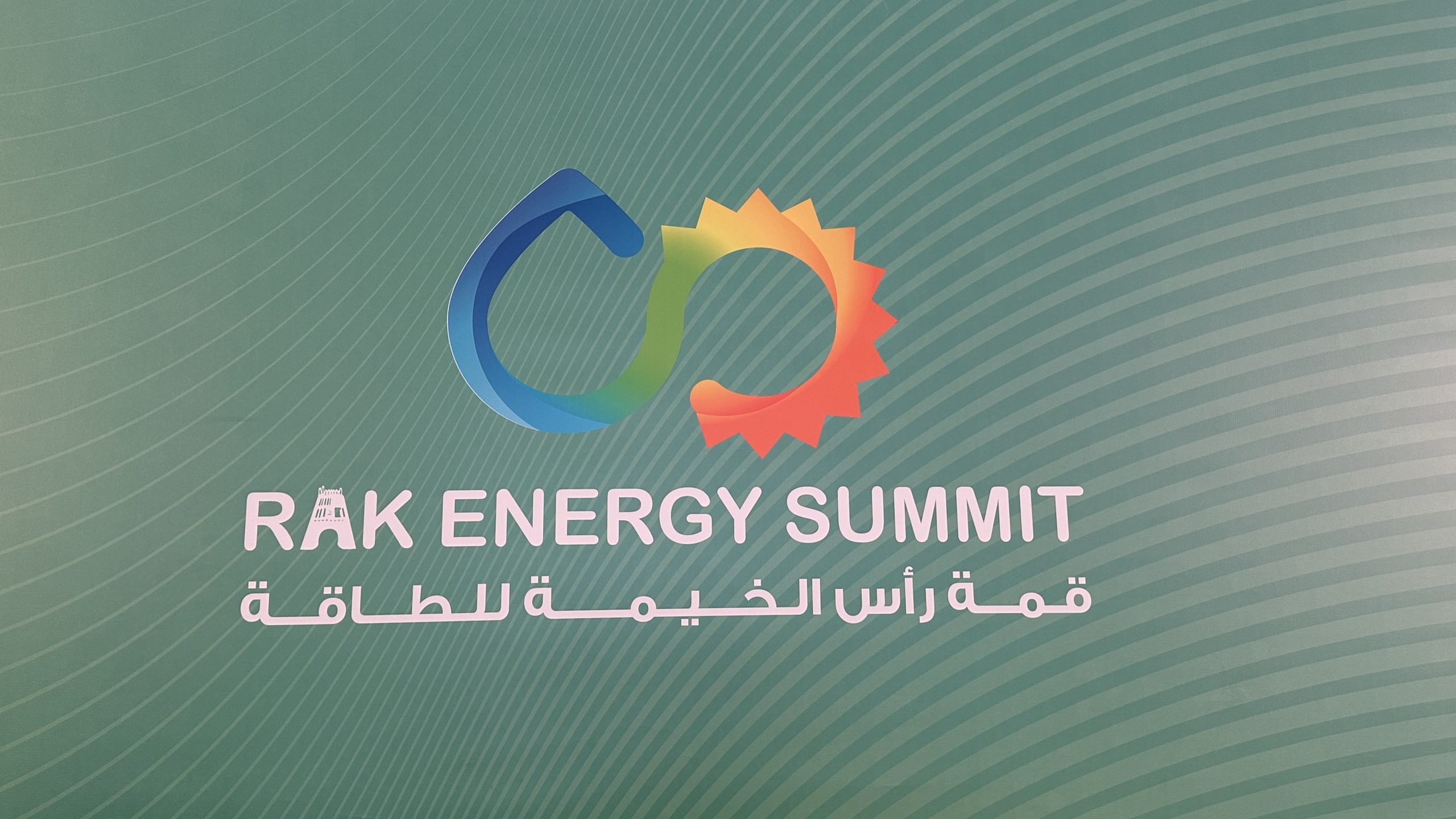Artificial intelligence and advanced grid management systems are reshaping the future of sustainable energy, industry leaders revealed today at the RAK Energy Summit in Ras Al Khaimah, UAE. The summit showcases how automatic systems and sophisticated software are revolutionising energy distribution, with real-time adjustments and predictive analytics emerging as crucial tools for green power integration.
Held under the patronage of Sheikh Saud bin Saqr Al Qasimi at the Al Hamra International Exhibition and Conference Center, the two-day summit brings together regional decision-makers and experts to address critical energy transition challenges in the GCC region. The event, organized at Ras Al Khaimah , has attracted support from major entities including the UAE Ministry of Energy and Infrastructure and the International Renewable Energy Agency (IRENA).
Hakan Ozdemir, CEO of Siemens Smart Infrastructure Middle East, in his presentation the ongoing shift from traditional infrastructure to autonomous grids. “We’re witnessing a fundamental transformation in how buildings, which are the highest energy consumers, are managed. The future lies in digital, smart, and autonomous systems,” Ozdemir stated during his address.
Real-world applications of smart technology are already showing promising results. The American University’s recent implementation of advanced building management systems has achieved an annual reduction of 700 tons in carbon emissions. Similar initiatives in government buildings have demonstrated energy consumption savings of up to 27% without compromising performance.
The summit demonstrates how automatic systems, advanced sensors, and AI-driven technologies are transforming energy and grid management. These innovations enable real-time adjustments and optimal electricity distribution, with a particular focus on green power integration. Industry experts stress that investments in software development and system upgrades are crucial for achieving both economic efficiency and environmental sustainability.
Representatives from organizations including EDF Middle East, Dubai Supreme Council of Energy, and the International Energy Agency (IEA) are participating in panel discussions and interactive sessions focused on policy development, emerging technologies, and practical applications in the energy sector. The event, which aligns with the broader context of global climate action between COP28 and COP29, continues through tomorrow, featuring discussions on energy storage, future transport, and other critical.
By: Vinod Kumar (UAE)










